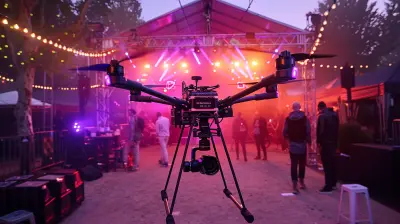Chromebook vs. Windows Laptop: Which is Better for Students?
1 October 2025
When you're heading to school or college, one of the biggest tech decisions you'll face is choosing between a Chromebook and a Windows laptop. Both have their strengths and weaknesses, but which one is the better fit for students?
Let’s break it down and see which device makes the grade! 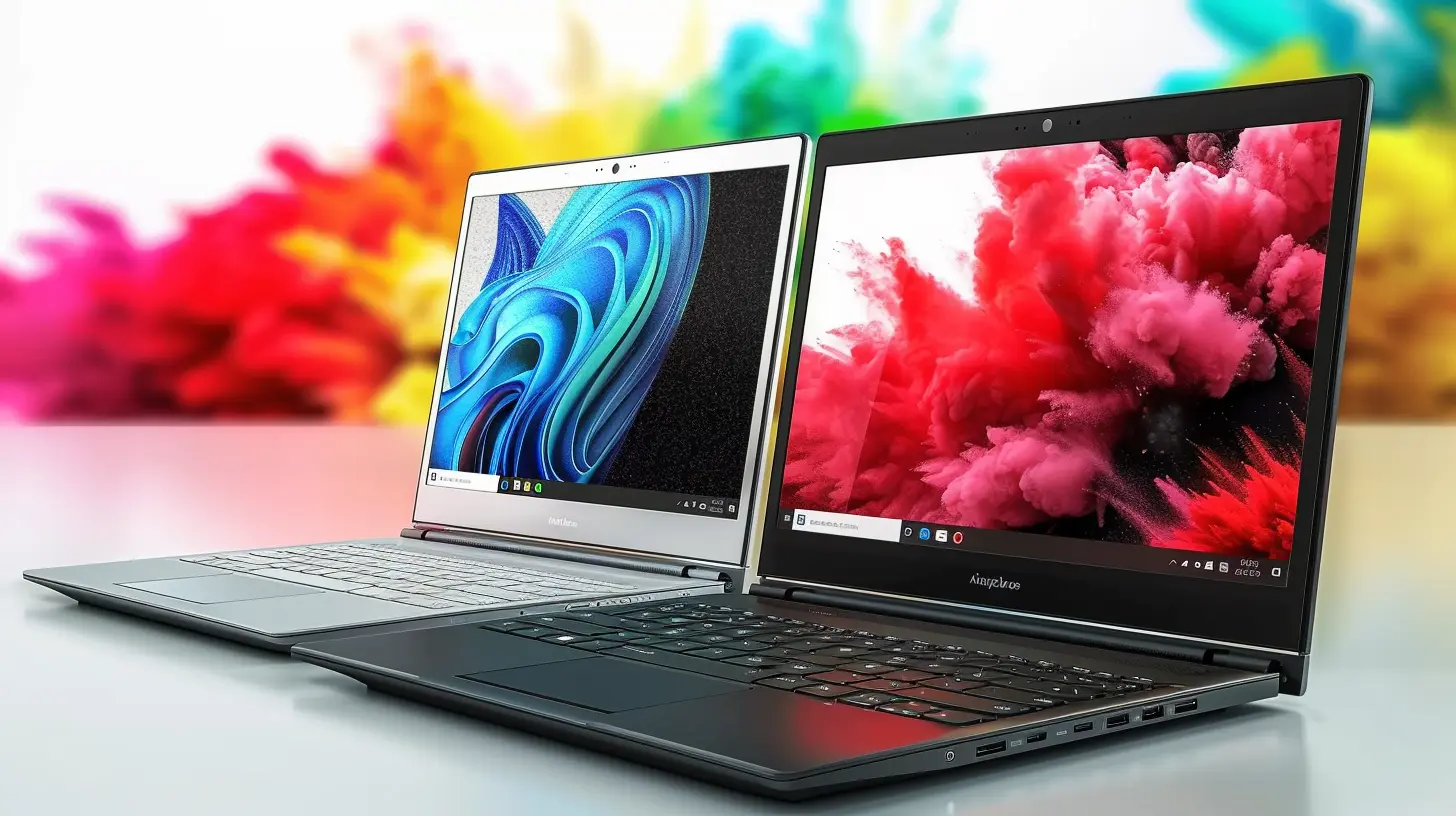
1. Understanding the Basics
Before we dive into the comparison, let's clarify what each device actually is.What is a Chromebook?
A Chromebook is a lightweight laptop that runs on Chrome OS, Google's cloud-based operating system. Instead of relying on heavy software, Chromebooks use web apps and cloud storage. They're known for being fast, secure, and affordable.What is a Windows Laptop?
A Windows laptop, on the other hand, runs on Microsoft’s Windows operating system. These devices are more powerful, can run traditional software, and are widely used in workplaces and schools.Now that we know what we’re dealing with, let’s compare them based on what matters most to students. 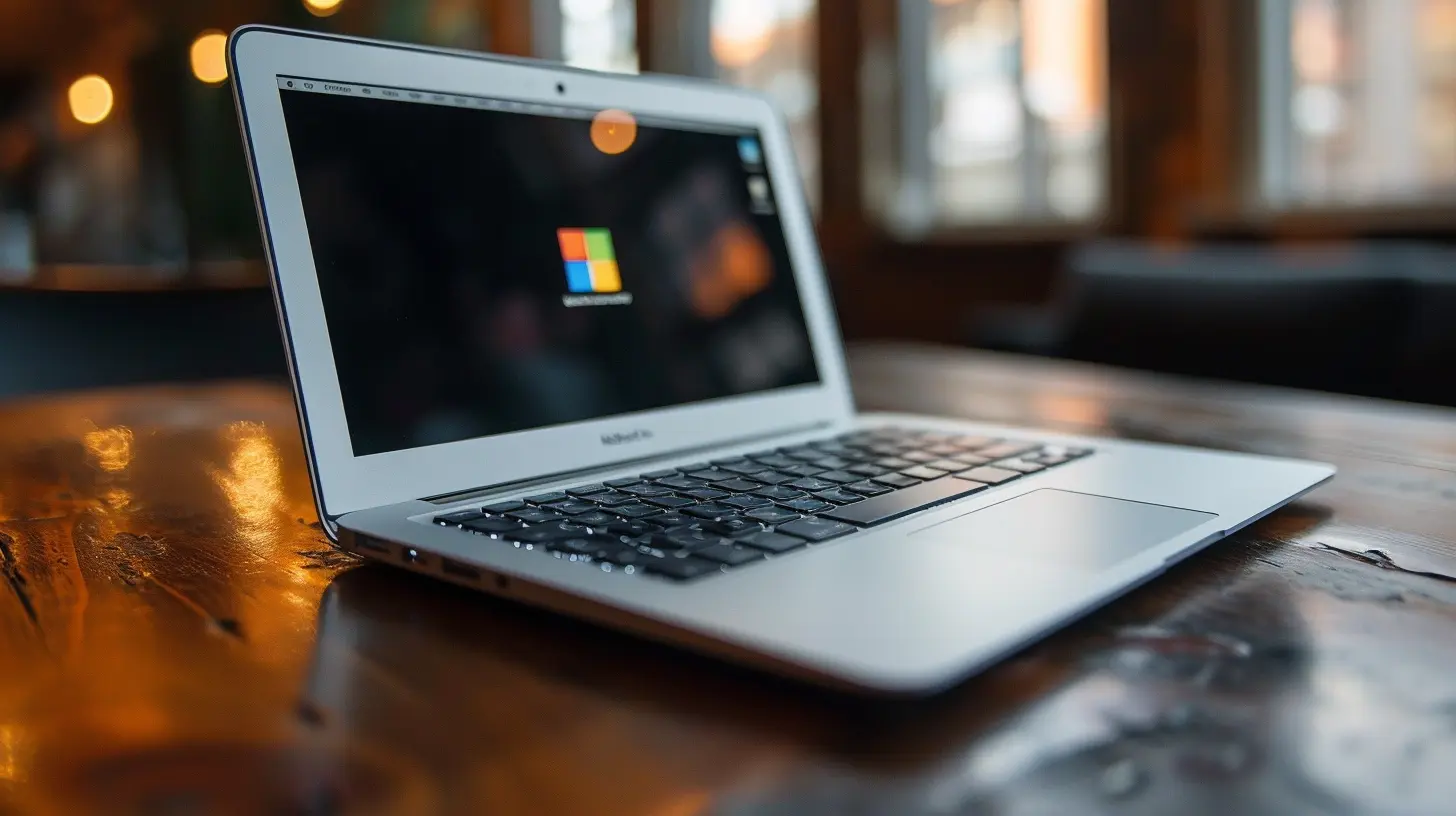
2. Price: Which One is More Budget-Friendly?
For students, price is often one of the biggest deciding factors.- Chromebooks are typically more affordable, starting as low as $200-$300 for a decent model. Since they rely on cloud-based apps, they don’t need expensive hardware to run smoothly.
- Windows laptops vary widely in price, from $300 to over $2,000, depending on the specs. Higher-end models with powerful processors and better hardware can get quite expensive.
Winner: Chromebook
If your budget is tight, a Chromebook is the clear winner. It’s a cost-effective option that still gets the job done for most students.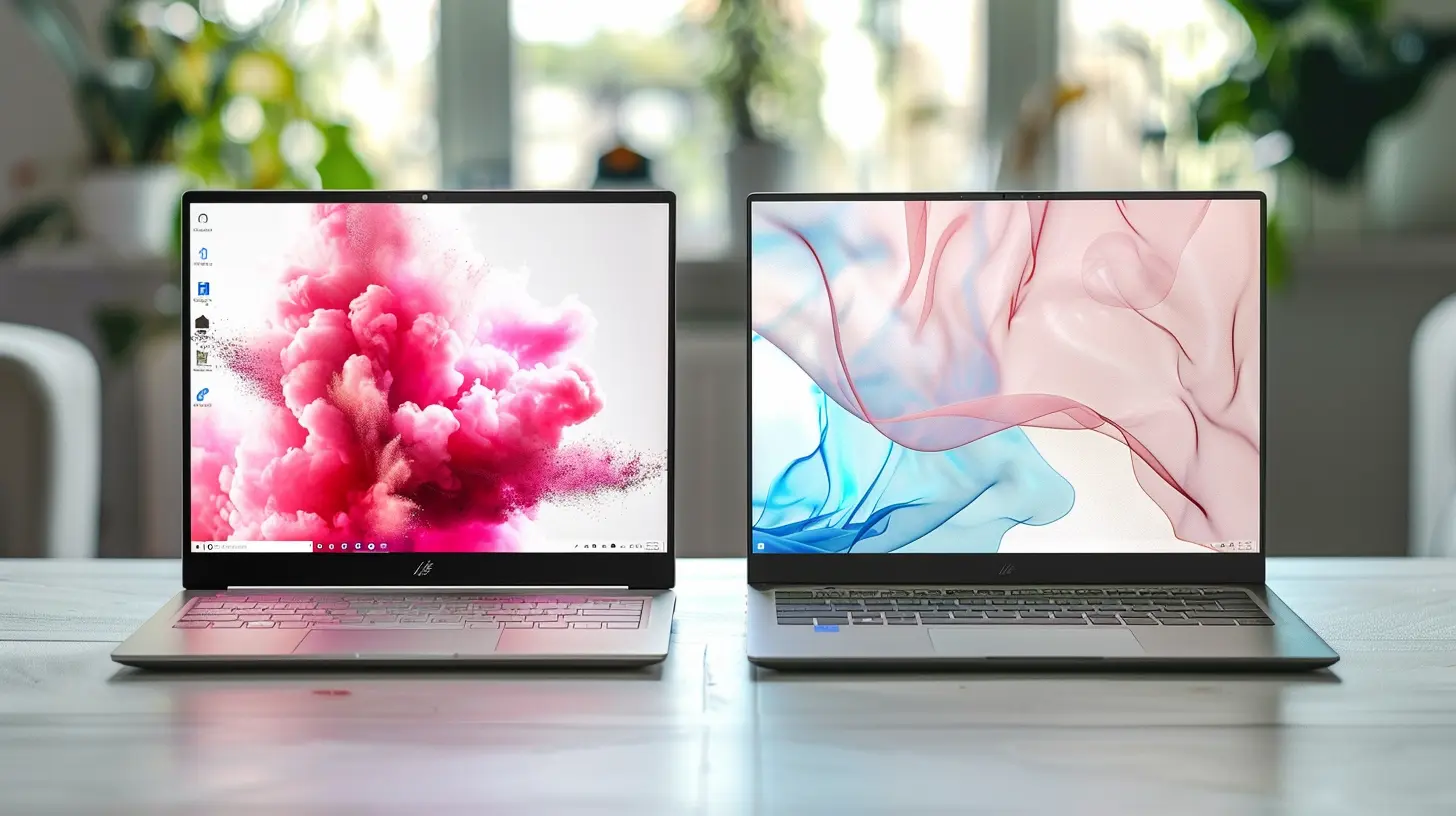
3. Performance & Speed: Which One is Faster?
Nobody likes a slow laptop, especially when you're rushing to finish an assignment.- Chromebooks boot up in seconds and stay fast over time because they don’t run heavy software. They rely on cloud-based applications like Google Docs and Google Drive, reducing lag.
- Windows laptops, especially budget models, can slow down over time due to system updates, background processes, and software bloat. However, higher-end Windows laptops with SSD storage and powerful processors run efficiently.
Winner: Chromebook for basic tasks, Windows laptop for power users
If you just need a device for browsing, taking notes, and writing papers, a Chromebook's speed is hard to beat. But if you're doing heavier tasks like coding, video editing, or gaming, a Windows laptop is the way to go.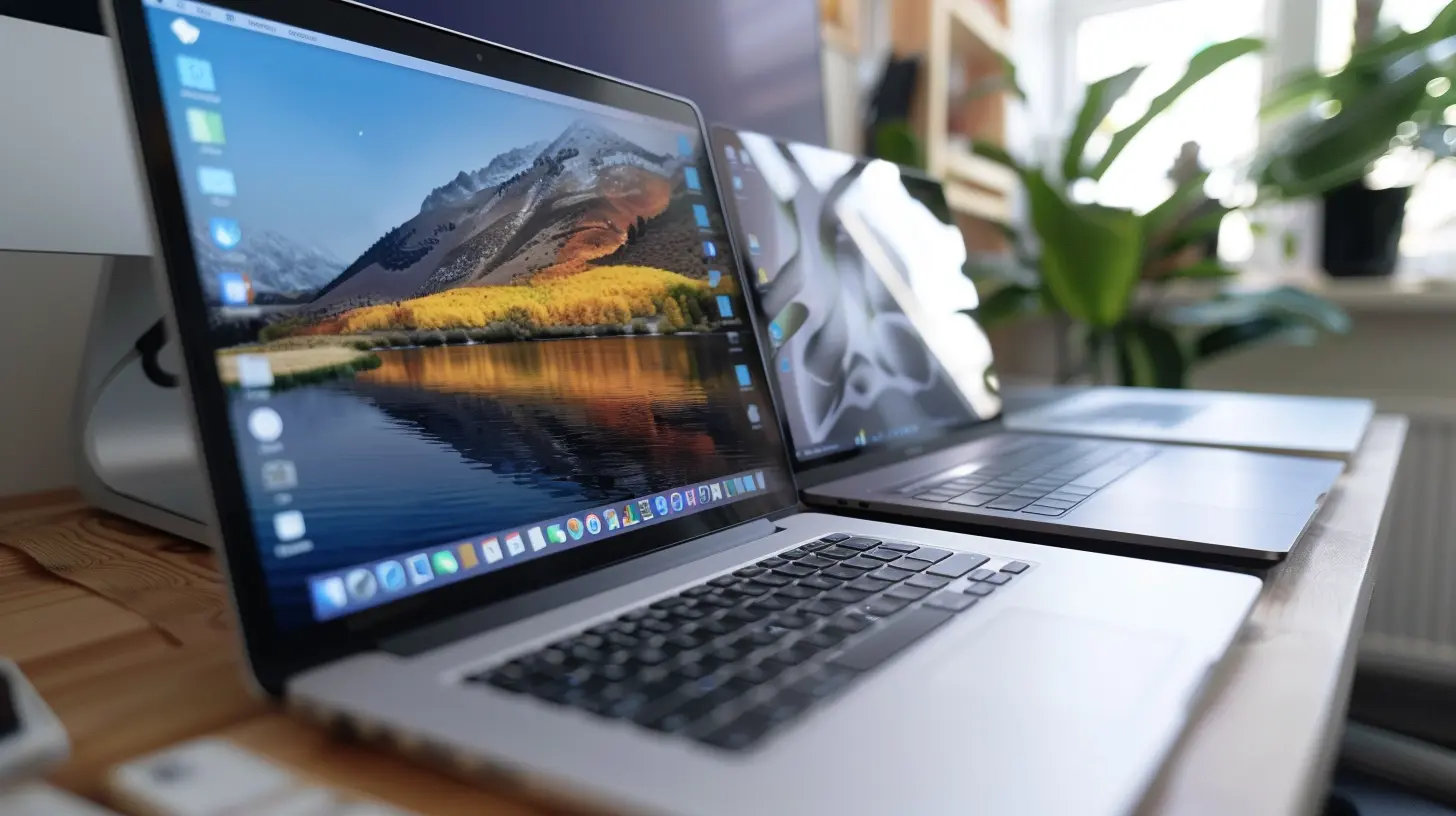
4. Software & Apps: Which One Offers More Flexibility?
Students often need access to a variety of software for school projects.- Chromebooks mainly run web-based applications like Google Docs, Sheets, and Slides. Many Android apps are also available through Google Play, but they may not be as powerful as desktop software.
- Windows laptops can run a vast range of software, including Microsoft Office, Adobe Photoshop, AutoCAD, and programming tools like Visual Studio. Many colleges require Windows-based software for certain courses.
Winner: Windows laptop
If you need specialized software for your studies, a Windows laptop gives you way more flexibility.5. Battery Life: Which One Lasts Longer?
Long battery life is a must for students who need their laptop to last through classes, study sessions, and late-night Netflix binges.- Chromebooks are known for exceptional battery life, often lasting 8-12 hours on a single charge.
- Windows laptops vary depending on the model. High-performance laptops may only last 4-6 hours, while ultra-portable versions can last up to 10 hours.
Winner: Chromebook
If you don’t want to carry a charger everywhere, a Chromebook offers better battery life in most cases.6. Storage & Cloud Features: Which One Has More Space?
- Chromebooks usually have limited local storage (32GB to 128GB) since they rely on Google Drive for cloud storage.- Windows laptops often come with 256GB to 1TB of storage, making them better for students who need to store a lot of files offline.
Winner: Windows laptop
If you need a lot of local storage for large files, a Windows laptop is the better choice. If you’re okay with cloud storage and streaming content, a Chromebook works fine.7. Security & Maintenance: Which One is Safer?
No one wants to deal with viruses or constant software updates.- Chromebooks are incredibly secure, thanks to automatic updates and built-in virus protection. Since they don’t run traditional programs, viruses and malware are much less common.
- Windows laptops are more vulnerable to malware, requiring antivirus software and regular updates. If not properly maintained, they can become sluggish due to background processes.
Winner: Chromebook
If you prefer a hassle-free experience with minimal maintenance, Chromebooks are the safer option.8. Gaming & Entertainment: Which One is More Fun?
Let's be honest—students don’t just use laptops for studying!- Chromebooks are not designed for gaming. While you can play Android games and stream via services like Xbox Cloud Gaming or Nvidia GeForce Now, they can't handle real PC gaming.
- Windows laptops offer far better gaming performance. Even mid-range models can run popular games like Minecraft, Fortnite, and Call of Duty, while high-end models can handle AAA titles.
Winner: Windows laptop
If gaming is important to you, a Windows laptop is the only real choice.9. Ease of Use: Which One is More Student-Friendly?
Not everyone wants to deal with complicated setups and troubleshooting.- Chromebooks are incredibly easy to use. If you’re familiar with Chrome, you’ll feel right at home. They’re quick to set up and require little maintenance.
- Windows laptops offer greater customization but can be more complicated to troubleshoot when things go wrong.
Winner: Chromebook
If you want something simple and stress-free, Chromebooks are a great pick.Final Verdict: Which One is Right for You?
So, should students go for a Chromebook or a Windows laptop? It depends on what you need.Go for a Chromebook if:
✔️ You’re on a tight budget✔️ You only need a laptop for browsing, note-taking, and cloud-based apps
✔️ You want long battery life and low maintenance
✔️ You prefer a lightweight and portable device
Go for a Windows laptop if:
✔️ You need to run specific software for school (Microsoft Office, Adobe, coding programs, etc.)✔️ You want a lot of local storage
✔️ You’re into gaming or high-performance tasks (video editing, programming, etc.)
✔️ You need hardware flexibility
In short, if you want something simple and affordable for everyday student tasks, a Chromebook is perfect. But if you need a versatile and powerful machine, a Windows laptop is the way to go.
Which one do you prefer? Drop your thoughts in the comments below!
all images in this post were generated using AI tools
Category:
Gadget ComparisonsAuthor:

Pierre McCord
Discussion
rate this article
1 comments
Haze Morgan
Both Chromebooks and Windows laptops offer unique advantages for students. It ultimately depends on specific needs: simplicity vs. versatility in software.
October 9, 2025 at 4:39 AM

Pierre McCord
I agree! Choosing between a Chromebook and a Windows laptop really hinges on a student’s individual requirements, whether they prioritize ease of use or a wider range of software options.


